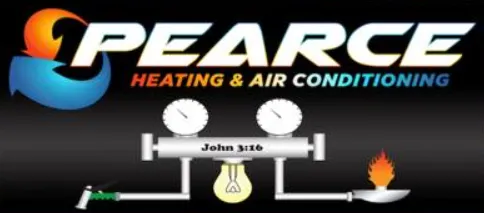Veteran's Voice: 'Mental Health Resources for the Whole Family'
If you’re a veteran’s spouse or family member and you’ve been carrying more than you can handle, you don’t have to do it alone.

When we talk about veterans’ mental health, people often picture counseling sessions or support groups aimed directly at the veteran. The truth is, families carry a heavy share of that burden — spouses, children, even aging parents. Too often, they’re the ones holding it together in silence, not realizing that help exists for them, too.
Over the 18 months Mountain Valor has been operating, we have found that one of the most important resources is the VA Caregiver Support Program, which actually has two levels:
- Program of General Caregiver Support Services (PGCSS): This is open to any caregiver of a veteran enrolled in VA health care. It provides education, peer support, mental health counseling, and access to a caregiver support line. You don’t have to fill out a big application or meet strict criteria — if you’re helping care for a veteran, you can get plugged in here. Being enrolled in general caregiver support services also seems to streamline the approval process if you ever need to step up to the next level of assistance.
- Program of Comprehensive Assistance for Family Caregivers (PCAFC): This level is for caregivers of veterans with serious injuries or illnesses. It requires an application and approval, but it offers a monthly stipend, health insurance if you’re uninsured, respite care, and ongoing support services. It’s a fundamental lifeline for families who’ve had to give up work or change their lives to provide full-time care. Locally, we are seeing at least a year wait from application to approval but you do receive general caregiver support in the meantime.
If your veteran is a combat veteran, the Roanoke Vet Center can also provide confidential counseling not just for the veteran, but for family members, too. And here in Virginia, the Department of Veterans Services (DVS) has programs to help families manage stress, burnout, and benefits navigation.
Family-owned HVAC installation and services.
25 years of experience. Committed to excellence.
Financing available with approved credit.
540-745-4912
436 Floyd HWY S
Local nonprofits fill in the gaps as well, whether that’s grief and survivor benefits support, peer groups, or one-on-one guidance.
If you’re a veteran’s spouse or family member and you’ve been carrying more than you can handle, you don’t have to do it alone. Start by reaching out to the Roanoke Vet Center at (540) 342-9726, located at 350 Albemarle Ave. SW, Roanoke, VA 24016.
You can also visit the Virginia Department of Veterans Services website (www.dvs.virginia.gov) to learn more about their programs for caregivers and families, or call the VA Caregiver Support Line at 1-855-260-3274.
If the situation is a crisis:
- If your veteran is in crisis, call the Veterans Crisis Line by dialing 988 and then pressing 1 to connect with VA-trained responders.
- If you are a family member in crisis yourself, just dial 988 to reach the national Suicide & Crisis Lifeline.
Mental health isn’t just a veteran’s issue — it’s a family issue. Families deserve support just as much as those who served.
Author of the "Veteran's Voice" column, Kathryn Whittenberger is a retired Navy Senior Chief, the Executive Director of Mountain Valor Services, and a Floyd County resident.
Do you have a question or idea you’d like to see covered in a future column? Email us at support@mtnvalor.org — your input helps us share the information our community needs most.

